![]()
![]()
![]()
Use LEFT and RIGHT arrow keys to navigate between flashcards;
Use UP and DOWN arrow keys to flip the card;
H to show hint;
A reads text to speech;
22 Cards in this Set
- Front
- Back
|
Sociology |
the study of human social behavior including both social action and social organization |
|
|
Social Structure |
the patterned interaction of people in social relationships. |
|
|
Sociological Imagination |
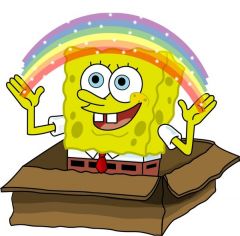
a way of looking at our personal experiences in the context of what is going on in the world around us.
|
|
|
Auguste Comte |
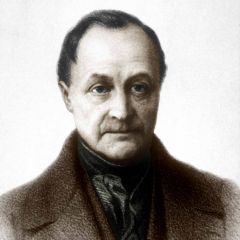
Father of Sociology |
|
|
Karl Marx |
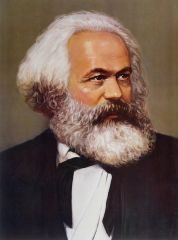
emphasized class conflict between the rich and the poor |
|
|
Emile Durkheim |
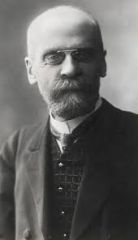
emphasized that human social behavior, should be explained by the social factors not the psychological ones. |
|
|
Functionalism |
contributions made by each part of the society. |
|
|
Conflict Theory |
focuses on the conflict, competition, and constraint within a society. |
|
|
Symbolic Interactionism |
focuses on the interactions among people based on mutually understood symbols |
|
|
Culture |
the learned norms, values, customs, knowledge, language, and way of life shared between the members of the same society. |
|
|
Norms |
specific guidelines for actions that say how people should behave in particular situations |
|
|
Folkways |
norms that are everyday habits and conventions
|
|
|
Mores |
norms that people consider vital to their well-being and to their most cherished values. |
|
|
Taboo |
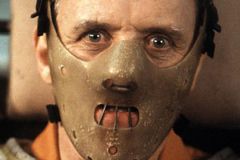
a rule of behavior, the violation of which calls for strong punishment. |
|
|
Laws |
norms that are enacted as formal rules by a political body and enforced by police |
|
|
Values |
general ideas that people share about what is good, bad, desirable, or undesirable. |
|
|
Material Culture
Non Material Culture |
physical culture
non physical culture |
|
|
Ethnocentrism |
the tendency to view one's own cultural patterns as good and right, and to judge other cultural patterns by those standards. |
|
|
Socialization |
process of instilling fundamental elements of culture in a society's members.
|
|
|
Harry Harlow&Cooley |
HH- the rhesus monkeys experiment proved that a child needs loving and caring as much as he needs the food.
Cooley- looking glass self-we acquire our sense of self-image from how others react to and behave towards us and by imagining what they think of us. |
|
|
anticipatory socialization |
process of starting adjustments to one's beliefs, norms, and values in anticipation of a new socialization one is about to undergo.
I.E. getting married, moving out, going to college. |
|
|
Strain Theory |
Merton's theory of deviance (conformity, innovation, ritualism, retreatism, and rebellion.) |

